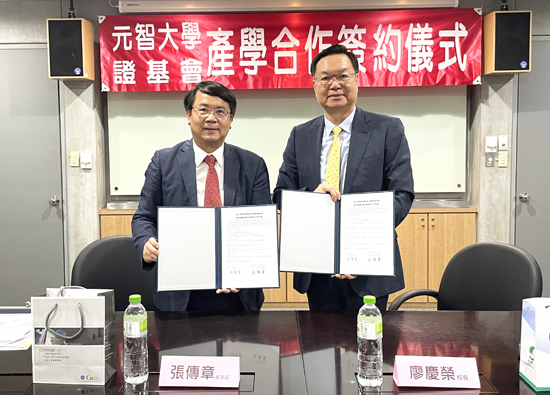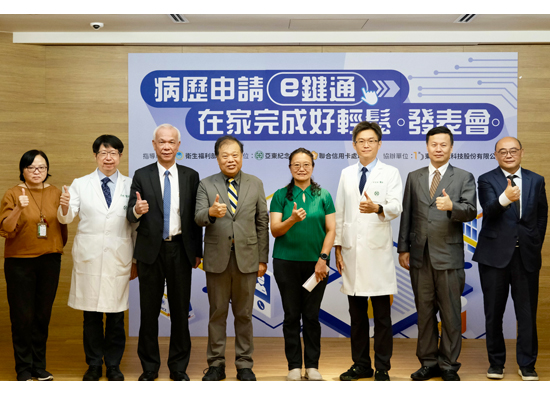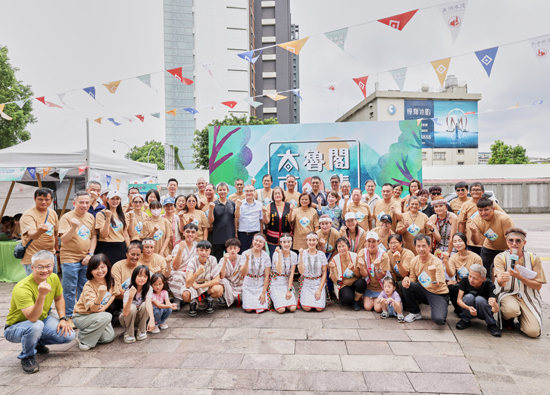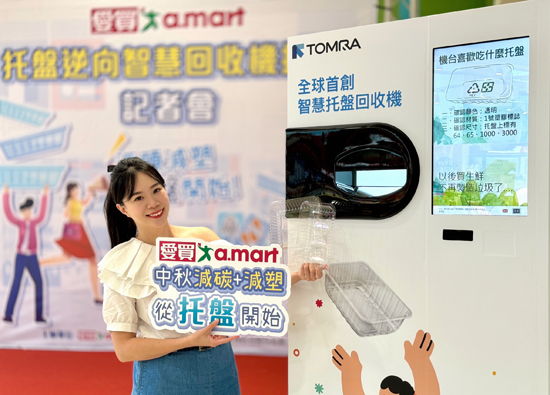10.2024 Group Briefing
Far EasTone Telecommunication fully purchases environmentally friendly SIM cards, achieving a maximum carbon reduction of 43%
Far EasTone Telecommunications / Zhu Zhengting

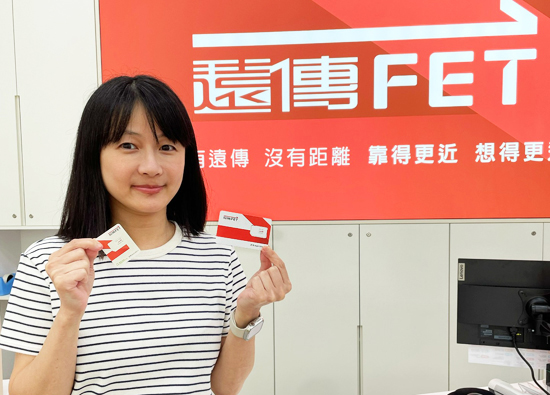
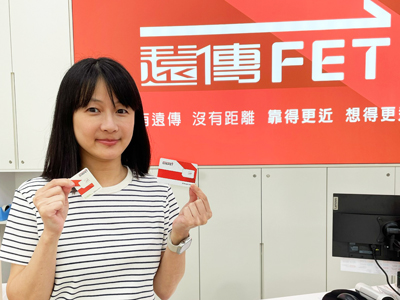 Global temperatures have repeatedly hit new highs, and carbon reduction and temperature control have become the focus of attention. Far EasTone Telecommunication is not only the first telecommunications company in Taiwan to pass the Science Based Targets Initiative (SBTi) audit in the 1.5 ° C scenario, but also once again leads the telecommunications industry in Taiwan on August 27th. It announced the purchase of Recycled PVC/PS SIM cards made of recycled materials and changed to a half card design to reduce plastic usage. It plans to gradually provide new versions of eco-friendly SIM cards to customers from 2025, with an estimated reduction of up to 43% in carbon emissions, saving the equivalent of 660000 PET bottles of plastic usage per year. It hopes to implement sustainable concepts and also calls on peers to protect the earth's environment together.
Global temperatures have repeatedly hit new highs, and carbon reduction and temperature control have become the focus of attention. Far EasTone Telecommunication is not only the first telecommunications company in Taiwan to pass the Science Based Targets Initiative (SBTi) audit in the 1.5 ° C scenario, but also once again leads the telecommunications industry in Taiwan on August 27th. It announced the purchase of Recycled PVC/PS SIM cards made of recycled materials and changed to a half card design to reduce plastic usage. It plans to gradually provide new versions of eco-friendly SIM cards to customers from 2025, with an estimated reduction of up to 43% in carbon emissions, saving the equivalent of 660000 PET bottles of plastic usage per year. It hopes to implement sustainable concepts and also calls on peers to protect the earth's environment together.According to statistics, up to 3.8 billion SIM cards are produced globally each year, resulting in a total of 16000 tons of plastic products that ultimately become electronic waste. Far EasTone Telecommunication hopes to reduce its environmental impact and achieve carbon reduction goals by fully switching to SIM cards made from recycled materials. At present, only telecom operators in Australia, Japan, and the Philippines in the Asia Pacific region partially adopt environmentally friendly SIM cards. Far EasTone Telecommunications, in order to implement the spirit and commitment of "recycled economy" and "reuse" in sustainability development, has invited suppliers such as "THALES" and "IDEMIA" to jointly promote environmentally friendly SIM cards. Taking "THALES" as an example, manufacturers recycle white plastic from discarded refrigerators to generate SIM card materials, and the card body can also be recycled again.
In addition, Far EasTone Telecommunication's new SIM card is specially equipped with an "outer board" to protect the SIM card body, and since 2018, the card area has been gradually reduced to reduce the use of plastic and ink. 60% of the new SIM cards released in 2023 have adopted a half card design. With the implementation of eco-friendly SIM cards, Far EasTone Telecommunication has decided to completely switch to a half card design, which can reduce carbon emissions by about 43% compared to the old SIM cards.
Far EasTone Telecommunication continues to implement low-carbon operations. In addition to joining the RE100 Global Renewable Energy Initiative and declaring a reduction of over 42% in emissions by 2030, all major data centers, offices, and stores in Taiwan will also use 100% renewable energy, with the goal of achieving net zero emissions for the entire company by 2048. At the same time, Far EasTone Telecommunications is also the first telecommunications operator in Taiwan to obtain third-party verification of the "ISO 20400 Sustainable Procurement Guidelines" and the only one in Taiwan to be selected as the highest honor in the "CDP Climate Change Supplier Partnership Management" leadership A-level for four consecutive years. It will continue to work with suppliers to move towards a net zero vision.
#


